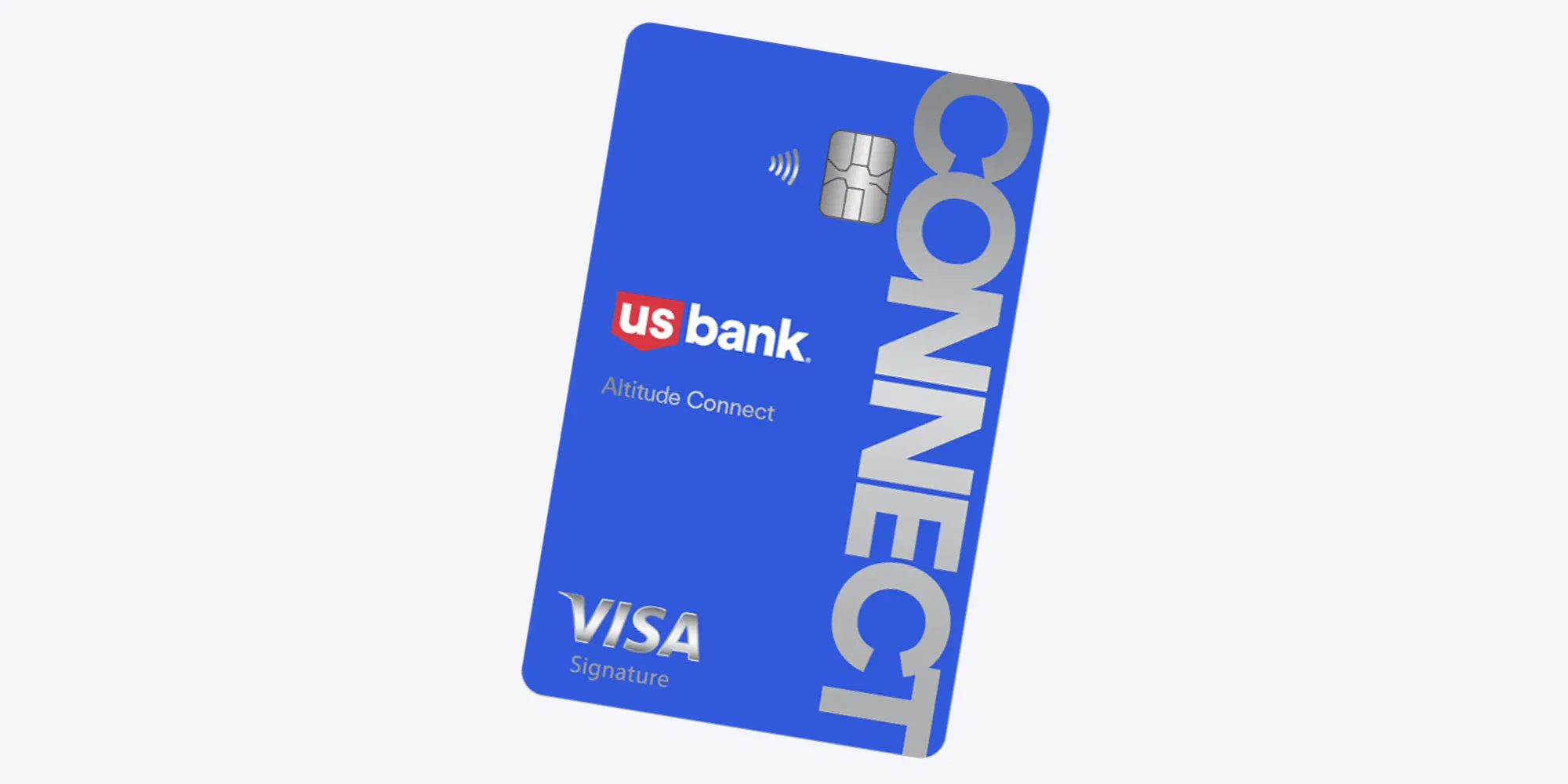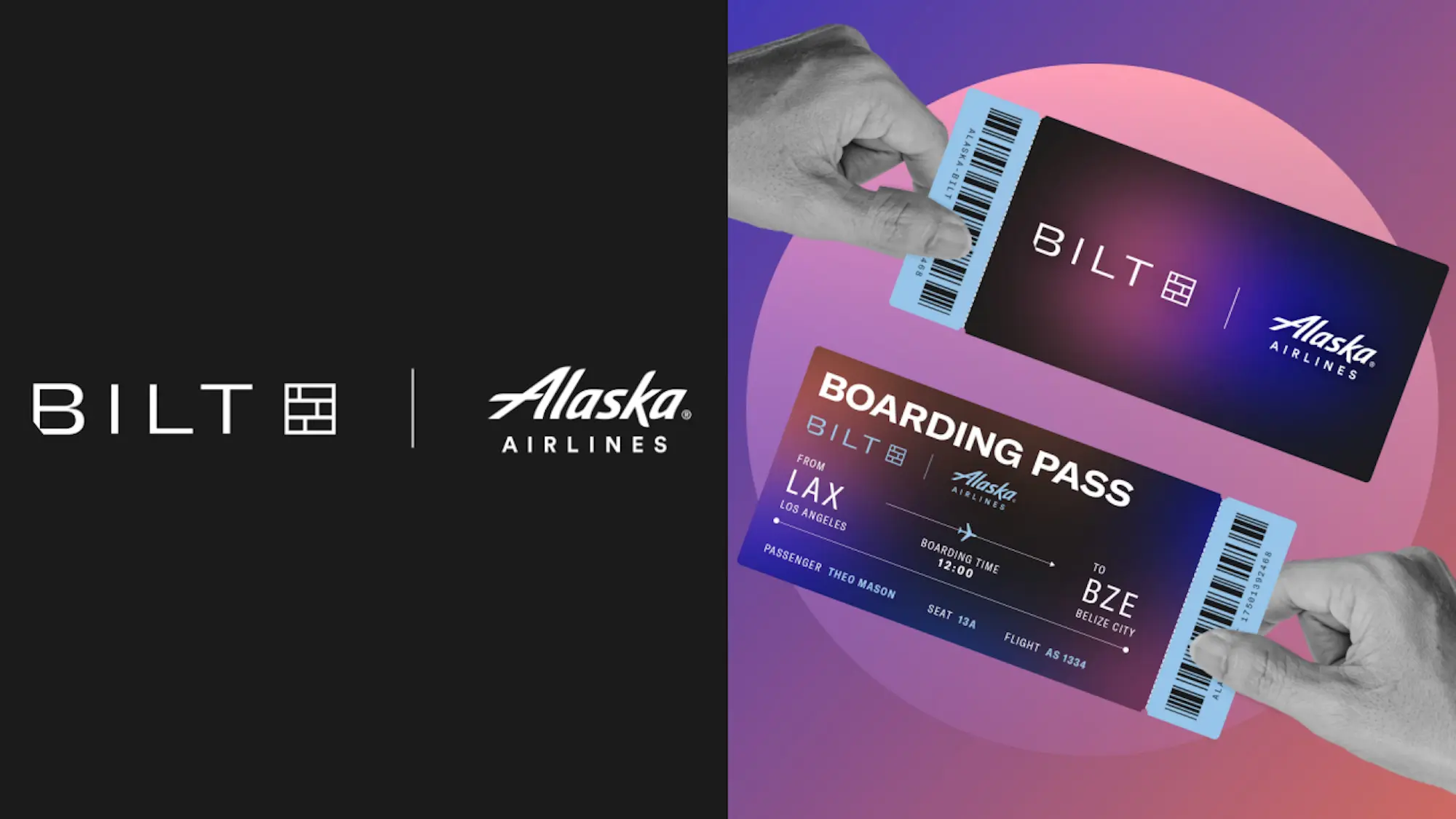Category: Credit Card News
Get the latest news on credit cards. From new card issues, rewards category updates, to industry trends we have it covered.

Credit Card News
CLEAR and Amex Renew Partnership for Credit Card Perks
by Kyle Burbank
A popular credit perk will apparently be sticking around as CLEAR and American Express have renewed their partnership. About the deal: This week, CLEAR announced that its relationship with American Express had been extended. However, the terms and length of the deal were not disclosed in a press release. As a result of this established partnership, cardholders with select Amex cards can enjoy a complimentary membership to CLEAR. Specifically, eligible... 
Credit Card News
SoFi Announces Cashback Rewards Boost for Credit Card
by Kyle Burbank
SoFi has unveiled a new perk for credit card customers, giving them the chance to earn a boost in their rewards. About the offer: Starting this week, SoFi Credit Card customers can earn a 10% boost on their rewards. This means that cardholders can earn 2.2% Rewards on purchases. Similarly, cardholders will earn 3.3% Rewards on SoFi Travel bookings and 27.5% Rewards on SoFi Stadium purchases. However, the lattermost category... 
Credit Card News
Hilton, Amex Introduce Revamped Hilton Honors Business Card
by Kyle Burbank
Recently, American Express and Hilton announced some major changes to the Hilton Honors American Express Business Card — including a hiked annual fee. About the changes: First, the card has made adjustments to its rewards earning rates. Now, cardholders can earn 5x Hilton Honors points on purchases made using the card. However, this is capped at the first $100,000 in spending per calendar year. Cardholders will earn 3x points on... 
Credit Card News
Breeze Airways, Barclays Launch Breeze Easy Co-Branded Card
by Kyle Burbank
After initially teasing a co-branded credit card last year, Breeze Airways and Barclays have now revealed the new product. About the card: This week, the Breeze Easy Visa Signature card made its debut. With this new co-branded card, flyers can enjoy bonus BreezePoints on select purchases as well as other perks. Starting with the Breeze-specific rewards earning categories, the card offers bonus points on select bundles and extras — including... 
Credit Card News
U.S. Bank Plans Major Changes to Altitude Connect Credit Card
by Kyle Burbank
U.S. Bank has revealed several major changes to its Altitude Connect credit card, which will arrive this September. About the changes: The first update is that the card will no longer carry an annual fee. Previously, the Altitude Connect card came at a cost of $95 per year — although this was often waived for the first year. Those who apply for the card now will enjoy a $0 introductory... 
Credit Card News
Alaska Airlines Becomes Latest Bilt Rewards Transfer Partner
by Kyle Burbank
Bilt Rewards is bringing in a new travel partner — along with some unique options for members. About the partnership: Bilt has announced a new partnership with Alaska Airlines. As a result, Bilt members will now be able to transfer their points to Alaska's Mileage Plan at a rate of 1:1. Alaska joins a slate of numerous other airlines and hotel brands that customers can transfer points to, including Air... 
Credit Card News
Chase Reveals Q2 2024 Freedom 5%(+) Bonus Categories
by Kyle Burbank
Chase has announced its bonus category picks for the second quarter of 2024 — including some interesting twists. About the categories: As April approaches, Chase has revealed what categories Freedom and Freedom Flex cardholders can earn bonuses on. From April 1st through June 30th, customers can earn 5% (or more) in three categories: Amazon.com, Hotels, and Restaurants. Similar to how Chase embraced a "New Year, New Me" theme last quarter,... 




